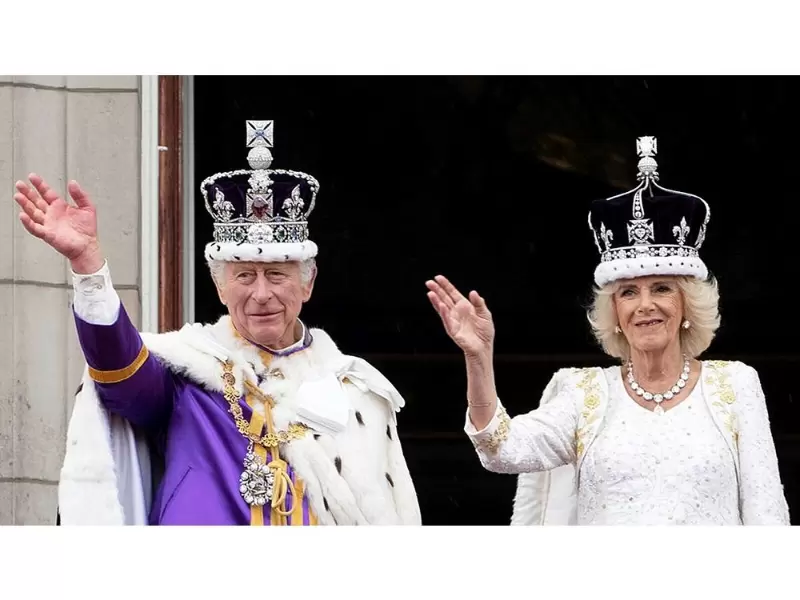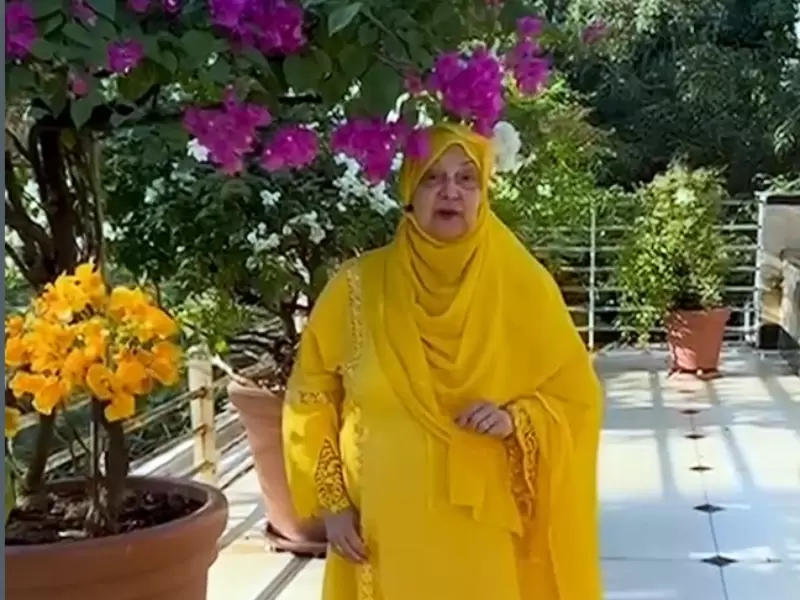POP
See MoreCommunity
See MoreIndian high school’s alumni fund aid for underprivileged students
The reunion brought together alumni based across India and abroad.
-
BAPS donated 2000 pounds of food to The Downtown Mission of Windsor, an organization focusing on the homeless community.
-
The event is held once every five years, as a forum for senior functionaries and volunteers associated with Hindu organizations...
-
Interfaith advocates condemn treatment of Muslim women after Bihar chief minister’s actions at government event.
ADVERTISEMENT
Videos
View AllOpinion
See MorePeople
See MoreSatish Jha, Anil Parekh join Vidya Bharati USA board
The nonprofit said the reconstituted board aims to strengthen support for its education initiatives in India.
-
Mary Simon made these new appointments to the Order of Canada that include 6 Companions, 15 Officers, and 59 Members....
-
The 4 billionaires have a combined net worth of over $11 billion.
-
The award recognizes research that enables hybrid crops to retain high yields across generations.
ADVERTISEMENT
Entertainment
See More
The actor took to Instagram to share his love for Bengali cuisine, tagging his post with #ShonarBangla and #MachcharJhol.
-
Brian King Joseph, who previously competed on “America’s Got Talent,” joined the first leg of Smith’s tour in March 2025...
-
Vels Film International, the production house that is producing the film, shared a BTS video that featured clips of all...
-
Despite his long journey, Kher said he feels he has...
-
Saira took to Instagram, where she shared a string of...
-
ADVERTISEMENT
Immigration
See More
There is an urgent need for a fresh look at the immigration policies of the nations abundant with manpower or human resources. A country like India needs to regulate its brain drain as well as the outflow of its raw human resources.
-
The investor hailed India's talent and said that the West wants to recruit Indians only because "Indian talent is the...
-
Court records state that Naveen, a citizen of India, entered the United States on April 18, 2023, from Mexico without...
-
For January 2026, USCIS has decided to continue to use...
-
On Dec. 2, USCIS paused all pending asylum applications for...
Food
See More-
Instagram content creator Anushk Sharma shared a heartfelt review of the Michelin starred Indian restaurant in Chicago.
-
The menu draws from Lucknow’s narrow lanes, Delhi’s Mughal-era durbars, Hyderabad’s Nizami kitchens and the coastal food cultures of Tamil...
-
ADF Foods is a fourth-generation family-owned leader in gourmet frozen
-
Chef came to Dallas on a very short visit over...
-
The fast-casual Indian chain expands with a growing U.S. footprint...
-
The rebranded restaurant features team-themed visuals and a stadium-style atmosphere...
-
Attendees will receive a tour of the kitchen, observe operational...
-
Onset of illness occurred between Nov. 28 and 29, with...
SPORTS NEWS
See MoreThe decision reportedly followed concerns over violence against members of...
In 2026, the shortest format will be in focus big...
ਮੰਧਾਨਾ ਹੁਣ ਮਿਤਾਲੀ ਰਾਜ, ਸੂਜ਼ੀ ਬੇਟਸ ਅਤੇ ਸ਼ਾਰਲਟ ਐਡਵਰਡਸ ਤੋਂ...
This marked to be Jerrssis Wadia’s second BBL game, and...
News
See More-
ADVERTISEMENT
Please enter something
- Asian Americans
- Biz
- Books
- Canada
- Community
- Culture
- Dating
- Diplomacy
- Diwali
- Editor picks
- Editorial
- Explainers
- Fashion
- Features
- Food
- Immigration
- India
- India Decides '24
- India Independence Day
- Letters to the Editor
- Life
- Maha Kumbh
- Movies+
- News
- Opinion
- People
- Ram Mandir
- Reviews
- Sports
- Spotlight
- Tech
- Travel n’ Diplomacy
- Trump 2.0
- UK Votes 2024
- US Elections 2024
- USA
- West Coast




























